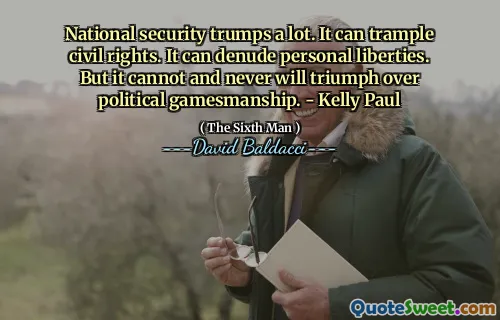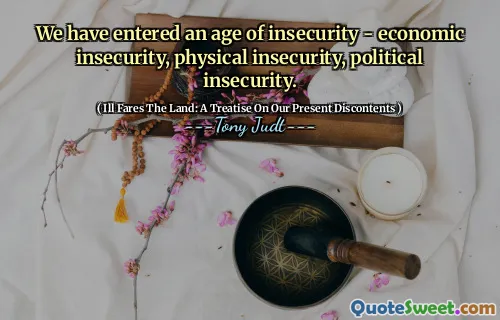
When you have nothing to hide you have nothing to fear.
The statement "When you have nothing to hide you have nothing to fear" is often invoked in discussions about privacy, transparency, and security. It suggests that individuals who are completely open and have no secrets should not be afraid of scrutiny or investigation. On the surface, this idea promotes honesty and accountability, emphasizing that integrity should be a shield against fear.
However, reflecting deeper, the phrase oversimplifies complex realities surrounding privacy and trust. Not all vulnerabilities stem from wrongdoing or secrecy. People may need privacy to maintain their dignity, autonomy, and safety rather than to conceal illegal or unethical actions. The assumption that hiding something automatically correlates with guilt ignores context, personal boundaries, and the nuances of human behavior.
For instance, in societal systems, complete transparency often conflicts with the right to privacy. Everyone has moments, feelings, or histories they wish to keep private—not because they suggest malice but because these are personal realms essential for mental and emotional health. Additionally, systemic power imbalances can make people fear surveillance or scrutiny irrespective of their guilt or innocence. In such cases, fear stems from potential misuse of power, judgment without justice, or unwarranted exposure.
Moreover, the quote can be weaponized to weaken privacy rights or justify invasive oversight. The phrase implicitly questions those who desire confidentiality, potentially forcing individuals into revealing information by implying suspicion in secrecy. Yet, privacy is a fundamental right crucial to democratic freedoms and human dignity.
In essence, while "having nothing to hide" can reduce certain fears related to accountability, it should not invalidate the legitimate need for personal boundaries and privacy. Fear is not always a sign of guilt, and the absence of secrets is not the sole pathway to safety or trust. Understanding these nuances fosters a more empathetic, respectful approach to privacy and security in society, promoting freedom without sacrificing fundamental rights.











